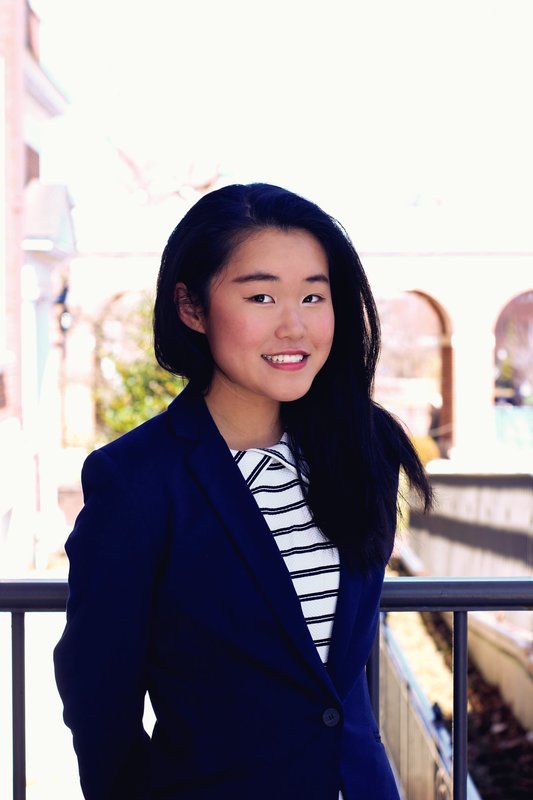Bonnie Jin
What are some challenges you have faced in coming to terms with your immigrant identity?
“I think that for a lot of immigrant children, they have to grapple with the fact that at home they are one person and at school they are someone else - they have to present several different faces. But for me, it’s a lot more like at school I am a person, but when I’m at home, I don’t know who I am. A lot of my identity revolves around the fact that parts of my family sided a lot more with China and parts would side with Taiwan. There’s a lot that I don’t know about my own family that I’m still trying to figure it out.”
Even though you immigrated here when you were so young, have you ever felt like you were living with a certain stigma attached to you?
“I think that what’s unique about me is that I don’t necessarily focus only on politics in East Asia. I’m really interested in European politics. I’m an Asian American who is somehow interested in Europe. That’s somehow an anomaly, because most people who are Asian American and do International Studies tend to focus on East Asia, which makes sense because of their personal identity. For me, in high school, I actually spent a year in Germany and that really changed my perspective on not only what it means to be an Asian American in the U.S. but to represent that identity abroad. For example, when I was in Europe, when people see that I’m Asian, they don’t think ‘Oh yeah, you’re American.’ I think it’s a lot about educating people and understanding that they just don’t know. Or the fact that even today, when you think about a stereotypical American person, the first thing you think about is not an Asian American. So, I think it’s important that more Asian Americans get involved in a lot of different careers and put ourselves out there and be like, ‘This is who we are.’”
